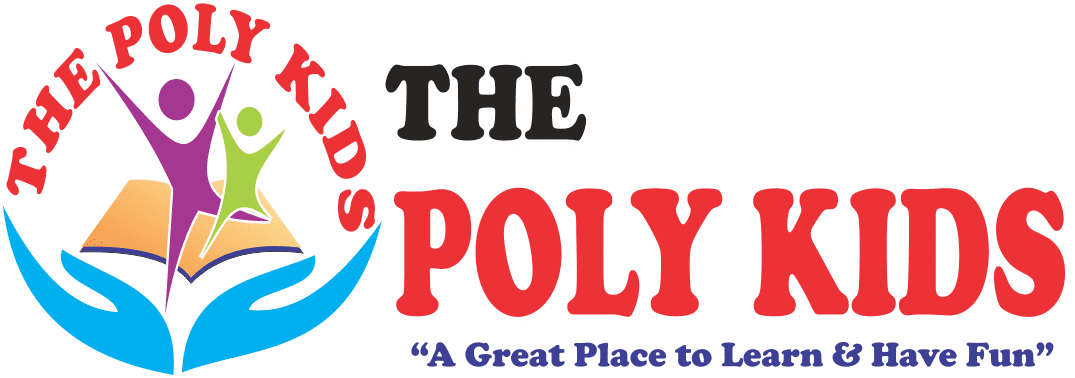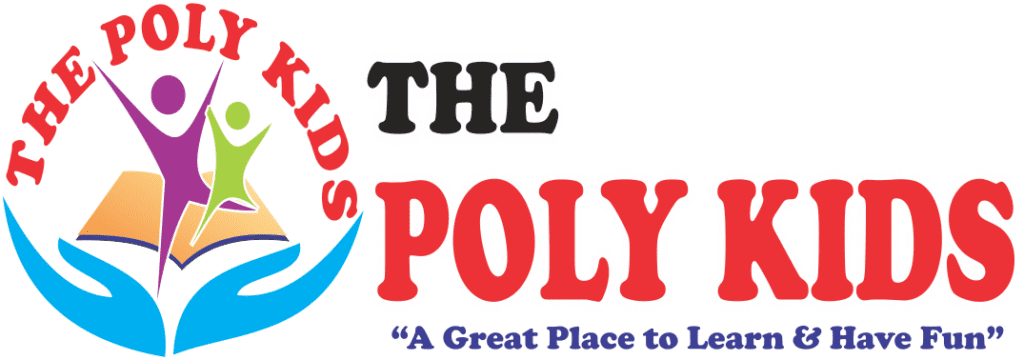The Critical Role of Preschool Education in Cognitive and Social Growth

The early years of a child’s life are more than just a period of growth—they are the foundation upon which future learning, behavior, and health depend. One of the most crucial stages in this development is preschool education. Research shows that the experiences children have during their preschool years can significantly influence their cognitive, emotional, and social development. High-quality preschool education not only helps children gain essential academic skills but also promotes emotional and social competence, preparing them for the challenges of primary school and beyond.
The Importance of Early Childhood Development

The early years, especially the period from birth to age five, are a time of rapid brain development. During this stage, a child’s brain forms connections faster than at any other time in life. Preschool education plays a vital role in this development by providing structured learning environments where children can explore, experiment, and engage with peers and teachers. By doing so, preschool education ensures that children develop critical cognitive and social skills, setting the stage for lifelong learning.
How Preschool Education Enhances Cognitive Development

Cognitive development involves the processes of thinking, learning, and problem-solving. Preschool education introduces children to various activities that promote critical thinking, language development, and mathematical reasoning. Here’s how:
1. Language and Communication Skills
Through songs, stories, and conversations, children in preschool learn to communicate more effectively. Preschool education introduces vocabulary, sentence structure, and listening skills that enhance verbal expression.
2. Problem-Solving and Critical Thinking
Preschoolers engage in activities like puzzles, building blocks, and science experiments, all of which stimulate problem-solving and critical thinking. These activities allow children to explore cause and effect, enhancing their cognitive abilities.
3. Early Math and Literacy
In preschool education, children are exposed to the basic principles of counting, shapes, and letters. These early lessons serve as the foundation for more advanced learning in reading and mathematics.
The Social Benefits of Preschool Education

While cognitive growth is a key benefit of preschool education, the social skills children develop during these formative years are equally important. The ability to interact positively with others, regulate emotions, and develop a sense of empathy are crucial for a child’s overall well-being.
1. Building Relationships with Peers
In a preschool environment, children have the opportunity to interact with peers, learn to share, collaborate, and resolve conflicts. These social interactions are essential for developing friendships and understanding social norms.
2. Emotional Regulation
Learning to manage emotions is a significant aspect of early childhood development. In preschool education, children are guided on how to express feelings appropriately and deal with frustration or disappointment in a constructive manner.
3. Understanding Empathy and Cooperation
Through group activities and play, preschoolers learn the value of cooperation and empathy. They begin to understand the feelings of others and develop the ability to work in teams, an essential skill for success later in life.
The Long-Term Impact of Preschool Education
Numerous studies have shown that children who attend high-quality preschool education programs are more likely to succeed academically, socially, and emotionally in the long run. Here are some of the long-term benefits:
1. Better Academic Performance
Children who receive a strong foundation in preschool education are more likely to excel in primary school and beyond. They enter kindergarten with a strong understanding of basic academic concepts, which gives them a head start.
2. Improved Social Skills
Preschool-educated children are often better at managing relationships, resolving conflicts, and working cooperatively with others. These skills are crucial for success in school, work, and personal relationships.
3. Higher Graduation Rates
Children who have had a positive preschool experience are more likely to graduate from high school and pursue higher education. Preschool education fosters a love for learning and builds confidence in academic abilities, both of which are essential for long-term success.
The effectiveness of preschool education largely depends on the quality of teaching. Skilled educators are able to create nurturing environments that promote both cognitive and social growth. They guide children through structured activities while allowing space for creative play and exploration. The relationship between teachers and children in preschool is critical, as it helps build trust, fosters emotional security, and encourages a positive attitude toward learning.
Parental Involvement in Preschool Education
While preschool education plays a crucial role in a child’s development, parental involvement cannot be overlooked. Parents and caregivers serve as a child’s first teachers, and their active engagement in preschool activities reinforces learning at home. By collaborating with preschool teachers, parents can ensure that their child’s development is supported both in the classroom and at home.
Choosing the Right Preschool Education Program
Not all preschool education programs are created equal, so it’s essential for parents to carefully evaluate their options. A high-quality program should focus on both cognitive and social development, offering a well-rounded curriculum that prepares children for the next phase of their educational journey. Key factors to consider include the qualifications of the teachers, the structure of the curriculum, the safety of the environment, and the level of parent involvement.
At Poly Kids, we understand the importance of providing a nurturing and stimulating environment for young learners. Our preschool education programs are designed to foster both cognitive and social growth, ensuring that every child is prepared for success in school and in life.
Conclusion: The Lasting Impact of Preschool Education
The early years are a critical period in a child’s development, and preschool education plays a significant role in shaping their cognitive and social growth. By providing structured learning environments, fostering positive relationships, and encouraging exploration, preschool programs lay the foundation for future success.
At Poly Kids, we are committed to offering high-quality preschool education that supports every aspect of a child’s development. Through a combination of play-based learning, critical thinking activities, and social interaction, we help children develop the skills they need to thrive in school and in life.
Investing in preschool education is an investment in the future of our children. By giving them the tools to succeed academically and socially, we are setting the stage for lifelong learning and well-being. The early years truly matter, and the role of preschool education in shaping cognitive and social growth cannot be overstated.



